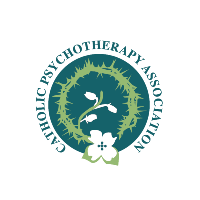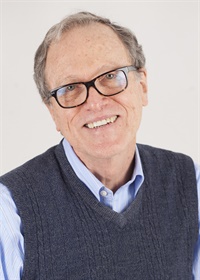
- 904.420.0536
An essential for the ongoing survival of CPA is the definition of a process for the ongoing formation of CPA clinical and academic members. While members are typically well trained academically, virtue and competencies related to the clinical and educational practice are uncertain. The six years of priestly academic training and the decades of community life are not realistic for CPA members. However, about a third of his recorded teaching, Jesus' parables offer examples of both cognitive and behavioral competencies and can be ideal for formation. Further, it is essential to define competence as the professional dependent variable and virtue as the spiritual dependent variable for CPA members. Biersbach applies all these using current MACT approaches.
Target Audience: Helping professionals of all disciplines, and the clergy who regularly collaborate with them
Course Content Level: Beginner
Learning Objectives:
This program does not qualify for NBCC credits

Ray Biersbach has been a Catholic deacon since 1982. His ministry work has included service to a range of people. He practiced psychotherapy for 40 years, 30 of those as a licensed psychologist. He has performed research, taught at the masters, doctoral, and post-doctoral levels. He has served as director of clinical programs and retired as the psychology administrator for a New Jersey hospital for the seriously and chronically mentally ill. He currently writes full-time on the connection between psychotherapy and faith. He lives near Seattle with his wife of 46 years and has three grown children.